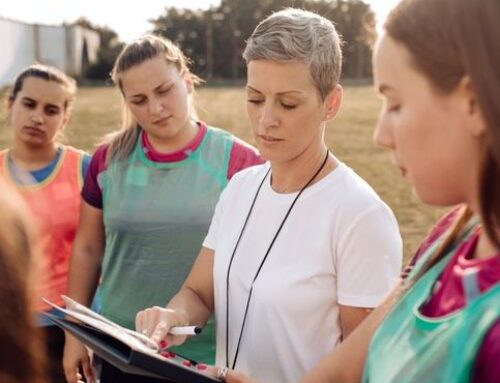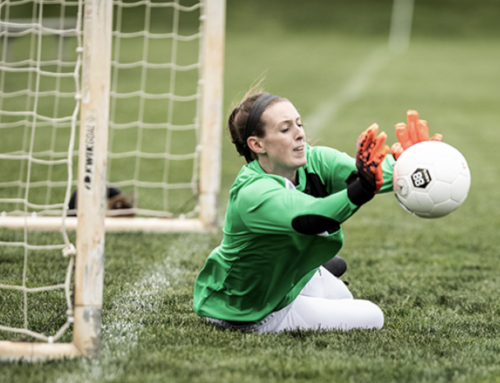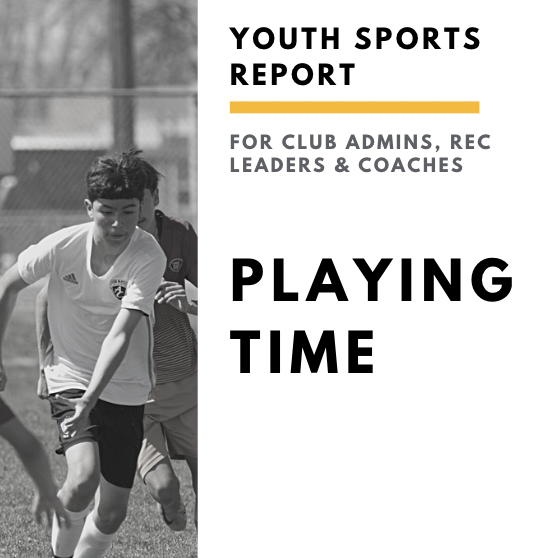Get our exclusive report. Download the iSport360 Club Switching Report Here – For Club Admins, Rec Leaders and Coaches.
4 Ways to Build Mental Toughness During Your Workouts
There are a lot of ways to train your mind. In this post, I’ll give you one specific way to build mental toughness, and that is through physical stress. How clearly were you thinking right after you ran that last wind sprint?

When your body gets tired, your play gets sloppy, the quality of your decisions deteriorate, and we lose focus. We become mentally weak. While this connection between mind and body means that physical stress can cause us to be mentally weak, we can also flip it on its head. We can also use physical stress to train our mind.
Leveraging the mind-body connection comes down to doing stuff you typically don’t want to do. However, by doing these things you can build your mental toughness. Here are four ways to incorporate mental toughness training into your workouts.
1) Make a habit of finishing drills strong.
At the end of a drill or play when you’re exhausted, that’s the time when it’s the easiest to let up and lose focus. It’s natural to try and rationalize reasons why we can slow down and that it is OK. We tell ourselves excuses but these excuses are insidious. Once you give in to one, you give into them all. Other bad habits will soon follow.
Having the discipline to resist that impulse is how you build mental strength.
The ability to finish every drill strong is rare. By doing this, you will stand out from the pack and I guarantee your coach will love it.
2) At the end of workouts, do a conditioning drill.
Conditioning is one of those things that we know is important but dread doing. It’s not fun, especially when we’re already tired from a workout. That’s why including a conditioning drill at the end of your workout is a great way to build mental toughness; you are forced to forget you’re tired and push yourself beyond the limits you set for yourself in your mind. So when you want nothing more than to unlace your shoes off and collapse onto the sideline, run a set of lines or a “17 across” first. You’ll hate doing it, but the act of dragging yourself onto the court and pushing yourself for 30-60 seconds will make you mentally tougher.
3) Hold yourself accountable to your workout plan.
Your workout plan is only worthwhile if you follow it but it can be tempting to make last minute changes when you’re tired. Especially when the next drill is one that you hate. For me, it was pure ball handling drills. As soon as I saw a ball handling drill on my workout plan I groaned. There were times when I fell prey to my excuses and switched my workout plan to a drill that was easier. This is a sign of pure mental weakness.
Your workout plan should be treated like a holy doctrine. Follow it religiously. There’s a reason why you chose that drill when you crafted your workout plan. Don’t let your mental weakness get in the way of doing what you need to do.
4) Do drills with consequences.
If you’re doing a shooting drill that has 10 shots in it, choose a target number of shots you have to make. One where you’ll reach the mark 50-80% of the time. If you fail to reach your goal, perform the punishment. One of the most effective uses of consequences is when you’re shooting free throws. After a drill when you’re tired, shoot 2 free throws as if your team was in the bonus and it was 1 and 1. If you don’t make both, perform the punishment. The punishment should be chosen before you do the drill when you have a clear head. Some punishment examples are:
- 5 burpees
- 10 backboard/rim touches
- 30-90 second plank
- 8 laneline to laneline slides
- 10 lunge jumps
Building mental toughness doesn’t have to be it’s own separate workout. By incorporating these four tactics into your training, you can build your mental skills and your physical skills at the same time.
CoachUp is the safest and easiest way to find a coach for personalized training. With our 100% money-back guarantee and vetted coaches, anyone can achieve their full athletic potential. Find your perfect coach today and become the athlete you want to be!
For more on training from iSport360, click here.
Learn more or request a demo of our youth sports software that is helping teams improve communication, organization and player development.
June 15, 2022






